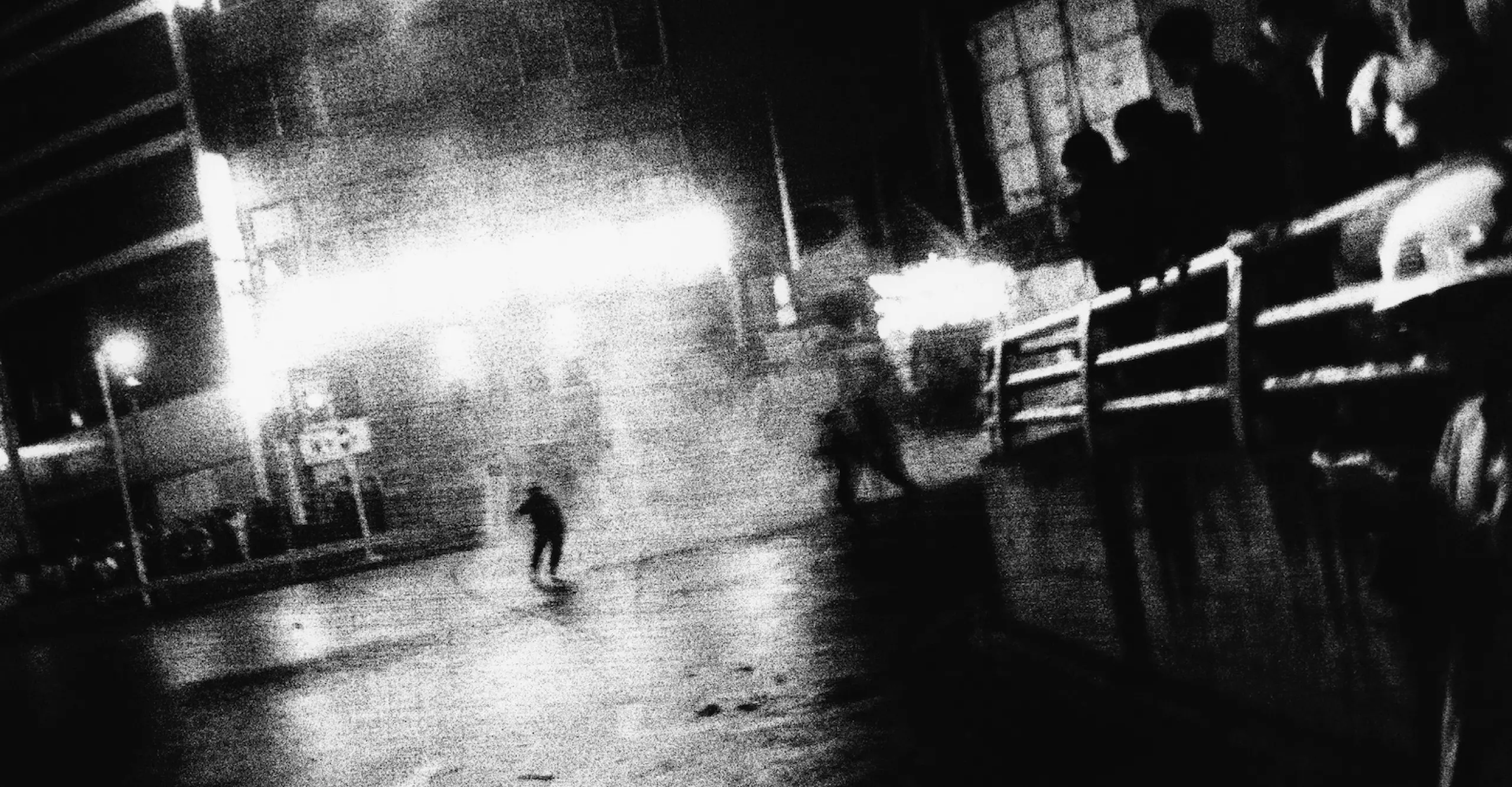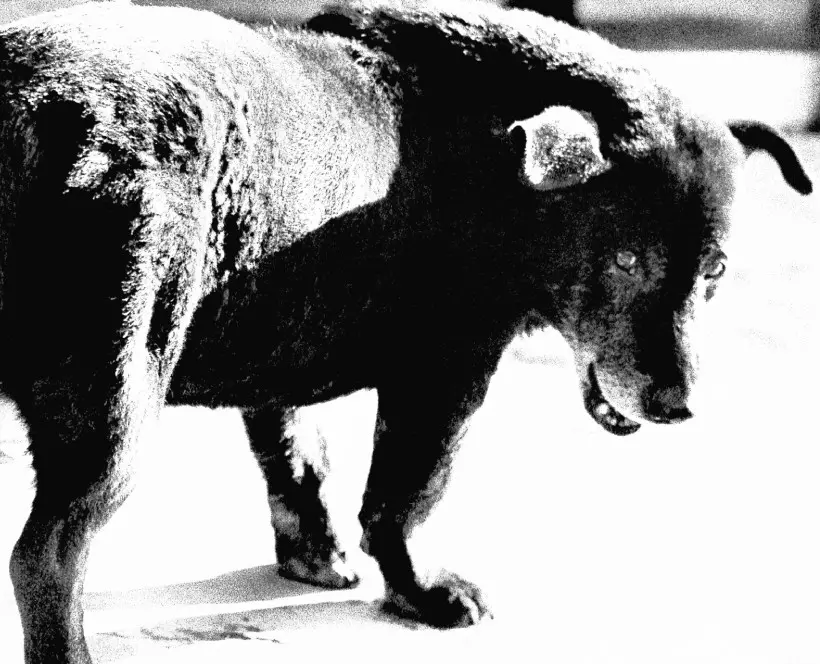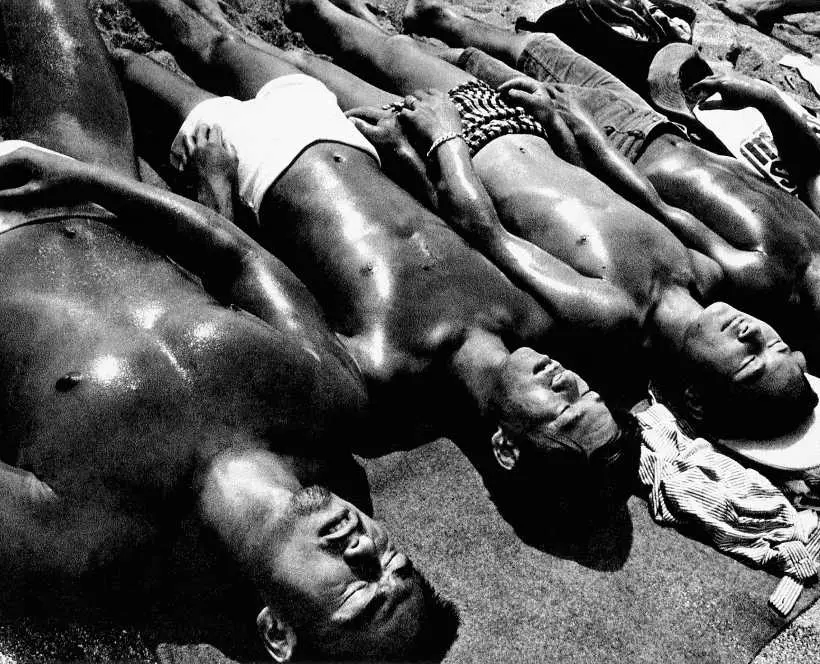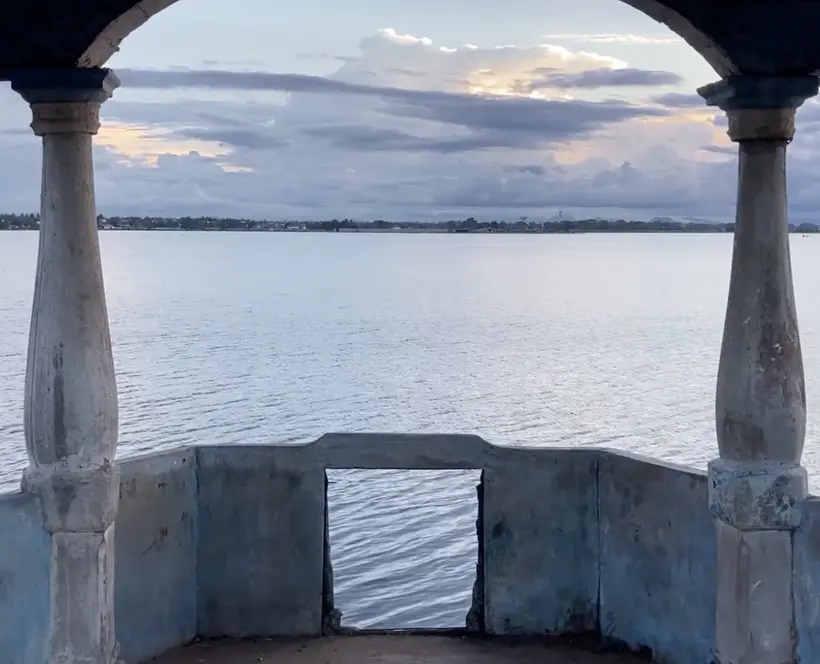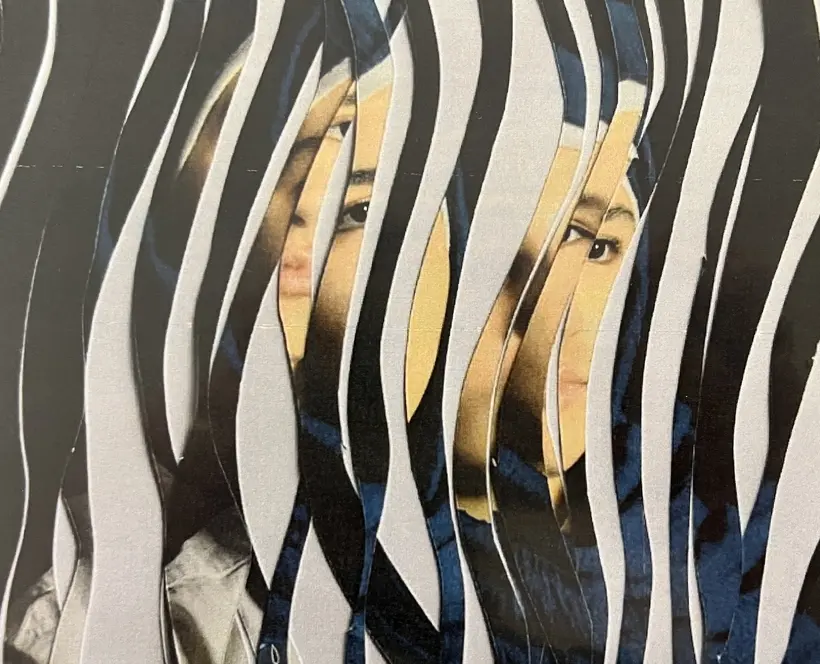Spanning studio practices at the turn of the 20th century, the ‘golden’ age of the 1920s and ‘30s, post-war as well as contemporary photography, this course enables a detailed understanding of Japan’s photography world.
Chronicles of Japanese Photography analyses key historical moments, exhibitions, institutions and photographers, in aesthetic as well as socio-political terms, while introducing under-studied and lesser-known bodies of works.
Course format
Each 1.5-hour session will be predominantly lecture based with supporting slides. The list of slides will be made available after each session. There will be time at the end of each session for group discussion.
Who is this for?
Open to all who are interested in photography and art. No prior knowledge necessary.
Led by educator, author and photo historian Dr. Jelena Stojković.
Details on how to access the sessions will be confirmed upon registration. Please check your junk folders if you haven't received an email from TPG staff confirming your place.
Schedule
Session 1 | Photographic Fantasies on Tue 17 Oct
The earliest uses of photography in Japan coincided with country’s modernisation, following 250 years of restricted contact with the rest of the world. What role did photography play in forging a romantic image of the country, especially in the photographic studios that were popular at the time? And how did this new technology draw from traditional visual arts in the country?
Session 2 | Modernism and Avant-Garde on Tue 24 Oct
Modernist and avant-garde photography flourished in Japan during the 1920s and ‘30s. Considered a ‘golden age’ in Japanese photography, it was brought about by the exhibition Film and Photo, seen around Japan in 1931. This week we think about the experience of modernity in Japan and what means of expression photography offered to it. Also, we consider the connections between design and photography and the opportunities they afforded to women photographers, especially those interested in collage.
Session 3 | Image Generation on Tue 31 Oct
Most of the photographers who were active before the Second World War were involved either with the so-called ‘realism debate’ or with the subjective photography movement during the 1950s. At the same time, emerging photographers who became known as the ‘image generation’, forged a new, independent style as a mix of these previously opposed tendencies. We discuss this vibrant moment in the history of Japanese photography against the simultaneous political upheavals.
Session 4 | Provoke on Tue 7 Nov
Provoke, a short-lived self-published magazine running between 1968-1970 is best known for its ‘blurry, grainy, and out of focus’ aesthetics while it proposed a radical understanding of photography as ‘a provocative material for thought’. We discuss this important outlet in the context of experimental art scene of the 1960s and ‘70s, including theatre and cinema. We also consider it in terms of popular culture and commercial photography, spanning fashion and advertising.
Session 5 | Concepts and Sentiments on Tue 14 Nov
At the time when conceptual artistic tendencies in Japan culminated with the Man and Matter exhibition (1970) mainstream photography shifted towards a more personalised manner of expression, including an interest in everyday life. We talk about these parallel strands of practice against the institutionalisation of photography in Japan and its integration into the (global) field of contemporary art.
Session 6: Photobook and Installation on Tue 21 Nov
We finish the course by mapping out the contemporary photographic landscape in Japan – encompassing photographic institutions (museums, fairs, galleries) and publishers alongside practitioners. We observe the continuous relevance of photo-books against the increased reliance on installation for the presentation of photographic work. Also, we consider the challenges and issues of concern that shape discourse now, such as memory, materiality, urban life and body politics.
Biography
The course is designed and delivered by Dr. Jelena Stojković, Senior Lecturer in Critical Theory at the School of Arts, Oxford Brookes University. Jelena holds BAs in Arabic and Japanese from Belgrade University, MA in Art History from SOAS and PhD in Photography from the University of Westminster. She was a Japan Foundation Fellow affiliated with the University of Tokyo and a Balsdon Fellow at the British School at Rome. She is the author of The Impossible Avant-Garde: Surrealism and Photography in 1930s Japan (Routledge, 2020).
Bursaries
A number of partial bursaries covering 50 per cent of course fees will be awarded on a first come basis. Applicants who wish to be considered for a partial bursary should submit a statement (max. 500 words) to projects@tpg.org.uk, outlining how Chronicles in Japanese Photography would contribute to their professional development. Successful applicants will be notified within a week of submission.
We actively encourage applications from groups who are currently underrepresented in the cultural sector in the UK. This includes people who identify as D/deaf, disabled* and neurodivergent; those with caring responsibilities; candidates from Black, Asian and ethnically diverse backgrounds; and arts and culture professionals whose career development has been negatively impacted by Covid-19, prioritising independent artists, freelancers and those made redundant/at risk of redundancy since 2020.
*The Equality Act 2010 defines a disabled person as someone who has a physical or mental impairment, and the impairment has a substantial and long-term adverse effect on their ability to carry out normal day-to-day activities. Sharing that you are disabled will not be used in any way in judging the quality of your application.
Details on how to access this event will be confirmed upon registration. Please check your junk folders if you haven't received an email from TPG staff confirming your place.
Ticketing
By booking for this event you agree to our Terms & Conditions.
